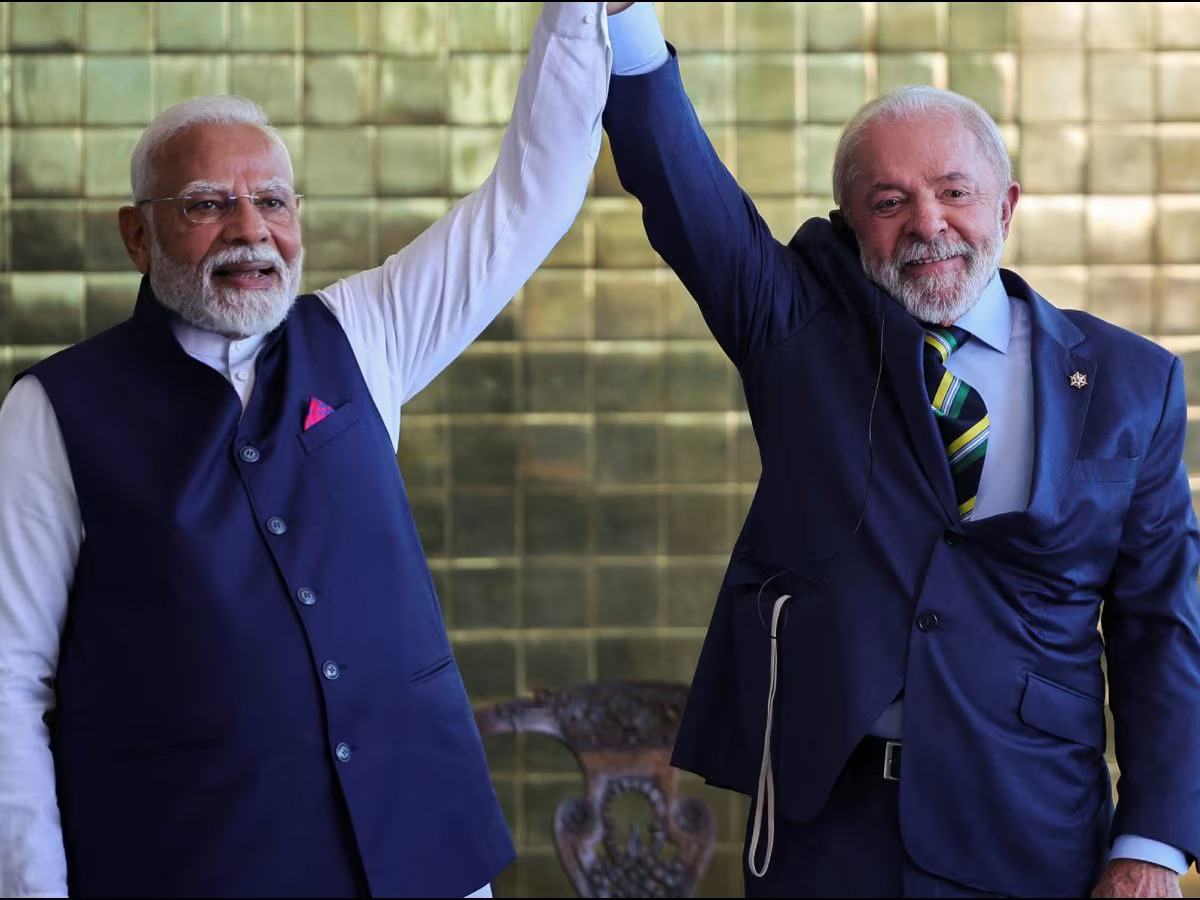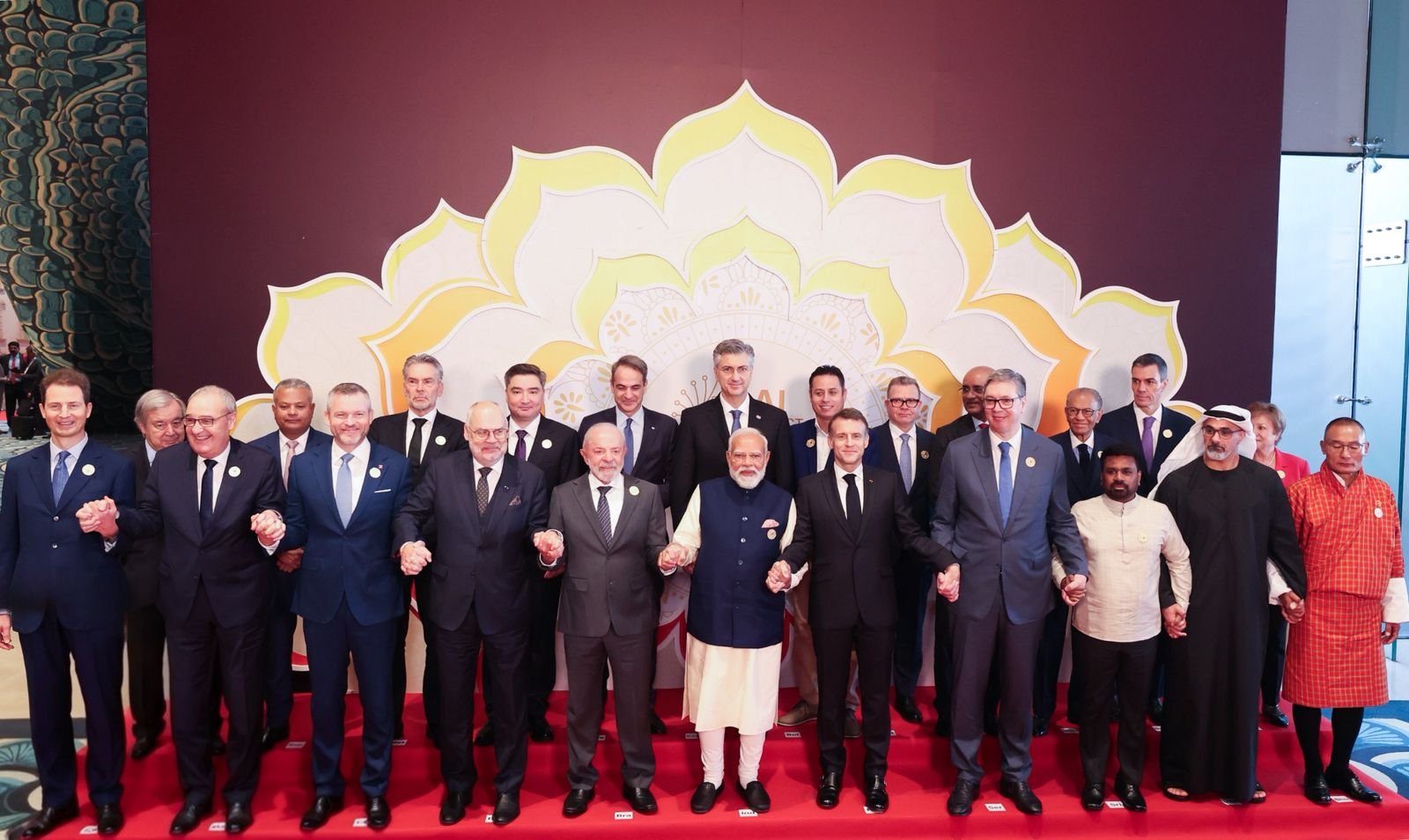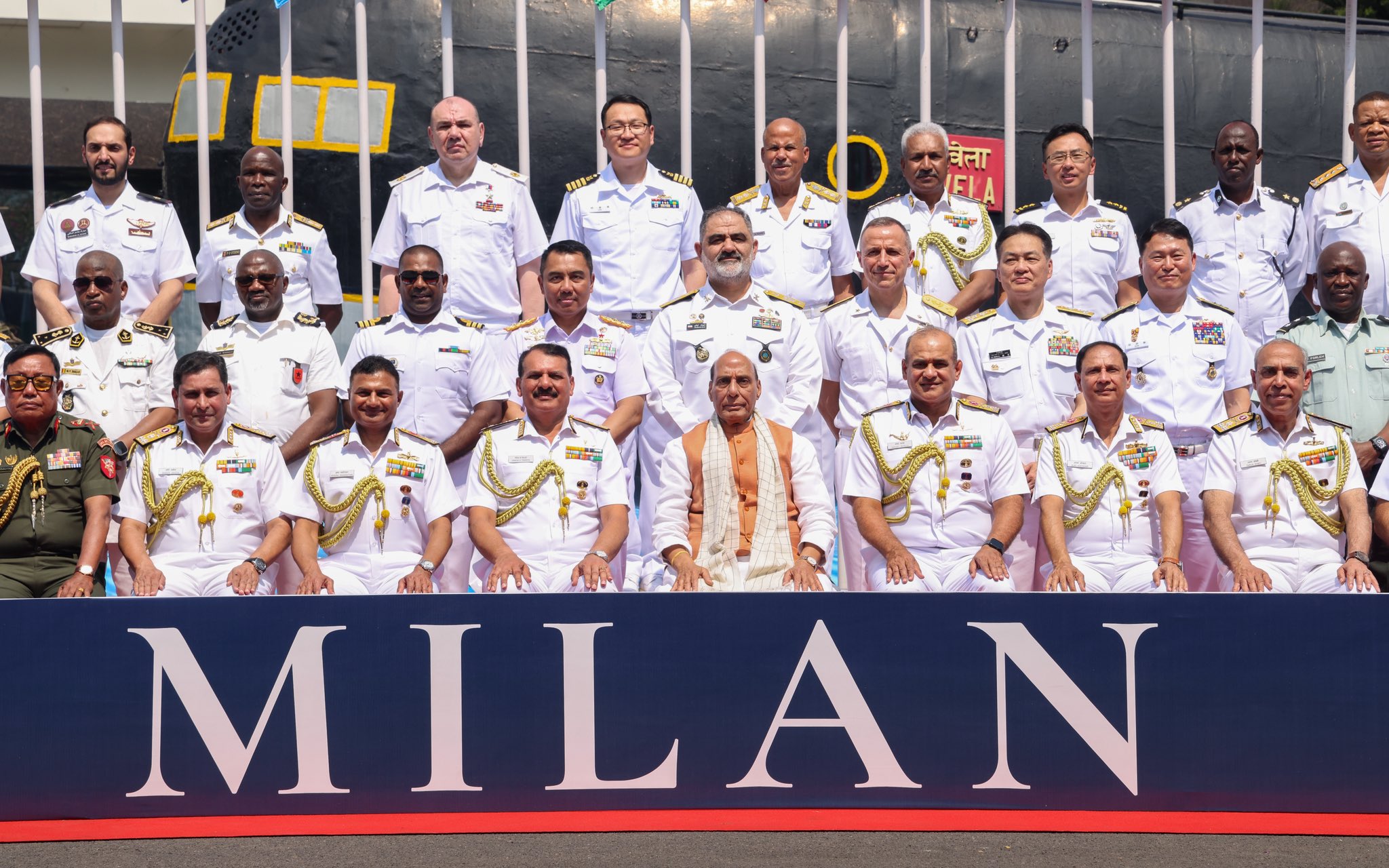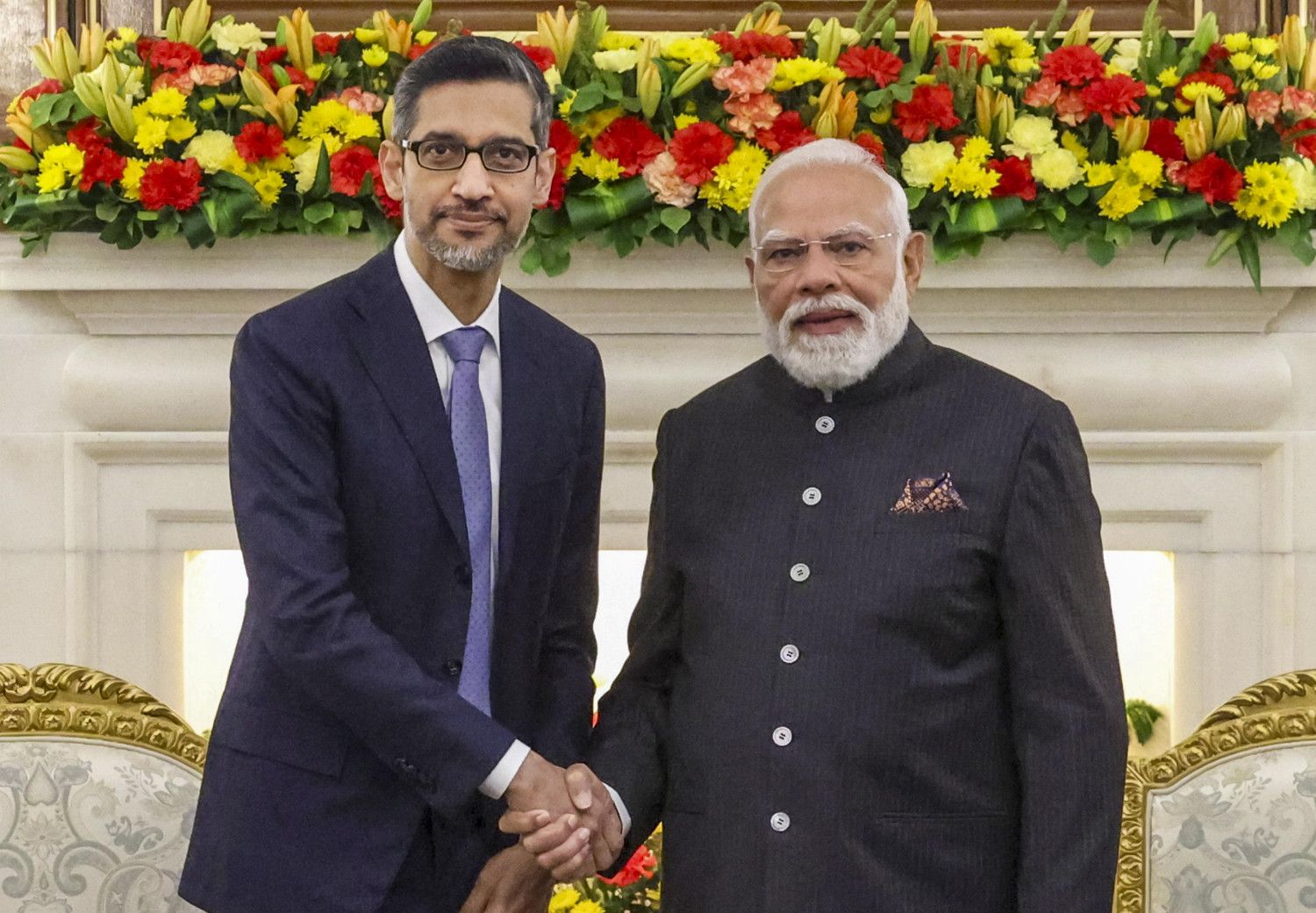On 27th March, 2025, Prime Minister Narendra Modi engaged in a significant meeting with a high-profile Japanese business delegation from Keizai Doyukai, (The Japan Association of Corporate Executives). The meeting, held in New Delhi, highlighted the strengthening of economic ties between India and Japan. Keizai Doyukai, known for its role in fostering business collaboration and advocating for economic reforms, was led by its Chairperson, Takeshi Niinami. The discussion focused on a broad range of sectors, including agriculture, clean energy, artificial intelligence (AI), and trade, marking a major step toward bolstering bilateral economic cooperation.
Suntory Holdings Ltd CEO Niinami Takeshi praised the India-Japan relationship, commenting that it was “thriving very much” and presented a “huge opportunity” for Japanese investment.
One of the central topics of the meeting was India’s commitment to sustainable growth, particularly in the agricultural and energy sectors. Prime Minister Modi and the Keizai Doyukai delegation discussed innovative solutions for enhancing India’s agricultural sector. With Japan’s advanced technology in farming and biofuels, both nations explored how to promote green energy initiatives, particularly biofuels, which have the potential to contribute significantly to India’s renewable energy goals.
The conversation also touched on the rapidly growing field of artificial intelligence (AI). India, with its burgeoning tech industry and strong IT workforce, is emerging as a hub for AI research and development. Meanwhile, Japan has long been a leader in technological innovation, especially in robotics, AI, and automation. The meeting identified AI as a key area for deepened collaboration between the two countries. Both leaders saw AI as a tool that could drive economic growth, enhance productivity across industries, and create new business opportunities.
Trade and investment opportunities were at the core of the discussions. Prime Minister Modi welcomed Japan’s continued interest in India, particularly as Japanese companies look to expand their operations and investments in India. The delegation expressed strong interest in sectors such as manufacturing, banking, aviation, pharmaceuticals, engineering, and logistics. Miyagawa Junichiro, CEO of All Nippon Airways Trading Ltd, stated, “I was very happy that PM Modi also emphasised the importance of air transportation…India is going to help enhance the network of India and Japan and promote more traffic. We hope that more and more Japanese people are visiting India…”
Japan’s investment in India has steadily grown, and the meeting served as a reaffirmation of the commitment to deepen these investments. Modi highlighted India’s ongoing efforts to enhance its business environment, with policies like “Make in India” and “Japan Plus” that aim to simplify processes for Japanese investors.
The collaboration is not limited to private sector investments alone; both countries discussed avenues for further governmental support to bolster trade relations. India’s initiatives to ease business regulations and promote innovation align with Japan’s vision of expanding economic presence in India.
The governments of India and Japan, through the Japan International Cooperation Agency (JICA), signed loan agreements totalling approximately 191.736 billion Japanese Yen (JPY) for six pivotal projects, including the Tamil Nadu Investment Promotion Program (Phase 3), Construction of Chennai Seawater Desalination Plant (II), Delhi Mass Rapid Transport System Project (Phase 4 Additional Corridors), and the Assam State Aquaculture Promotion and Livelihood Improvement Project.
This meeting marked a significant milestone in the growing India-Japan relationship. Both countries have recognised each other as indispensable partners in the Indo-Pacific region and beyond. By fostering collaborations in agriculture, clean energy, AI, and trade, India and Japan are set to create a robust economic framework that benefits both nations.







